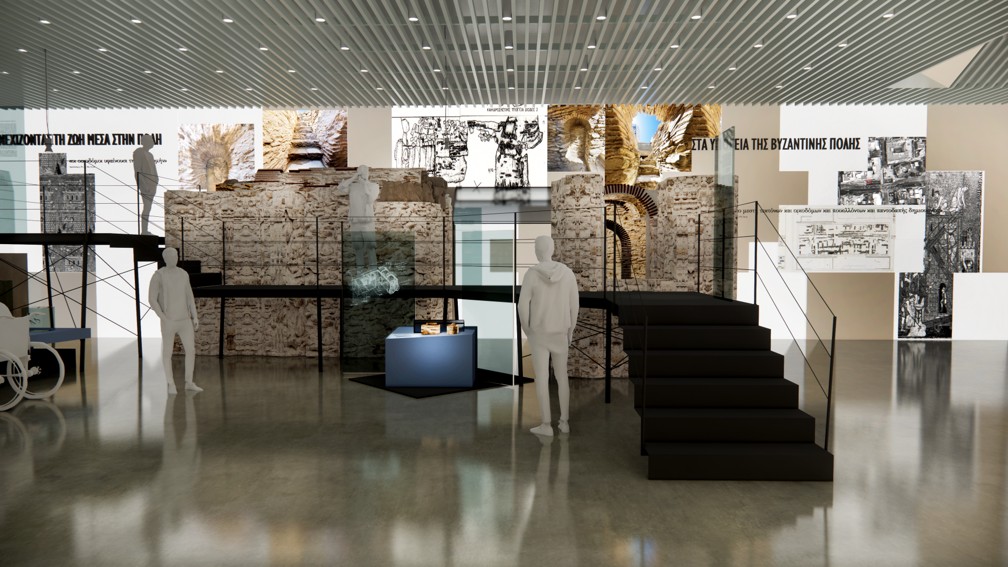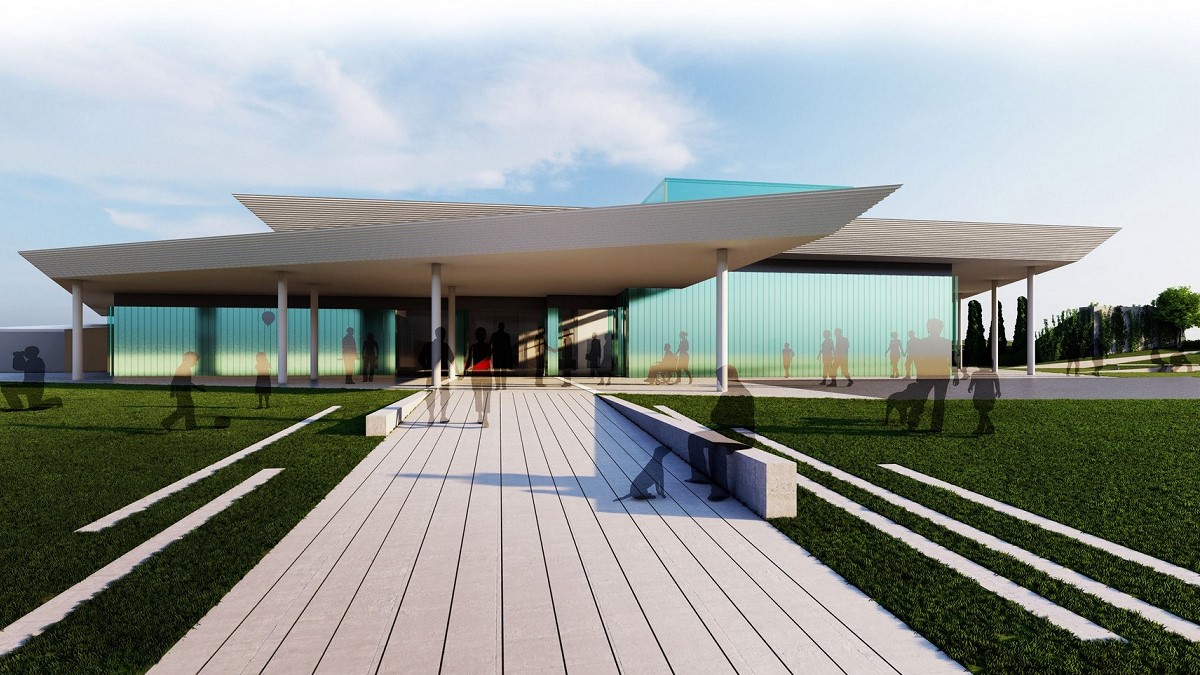A new museum in Thessaloniki, Greece will host part of the 300,000 artefacts discovered during the excavation of the city’s metro, the Greek Ministry of Culture recently announced.
The museum will be built at the intersection of Thessaloniki’s metro tracks at the Fountain Station and will become a space for educational and scientific research.
Greece’s Culture Minister, Lina Mendoni, said its purpose is to show how the 300,000 artefacts stand as living proof of Thessaloniki’s long history.

“The permanent exhibitions of this museum will showcase how the city evolved through time with findings related to its ancient infrastructure, buildings, public utility networks and structural engineering,” Mendoni said.
According to the approved architectural plan, the central museum exhibition concept will include two distinctive showcase areas: one for findings outside the city’s ancient walls and one for those discovered within them.

The museum’s central display will house part of the ‘Decumanus Maximus’ found at the Hagia Sofia station, and include the bath mosaic discovered at Venizelou station, both which can not be repositioned at their original sites.
The new museum is in an area of over 6,000 square meters and will run parallel to Thessaloniki’s second museum to host metro excavation finds at the Pavlos Melas metropolitan park in western Thessaloniki.
Source: Greek Travel Places

